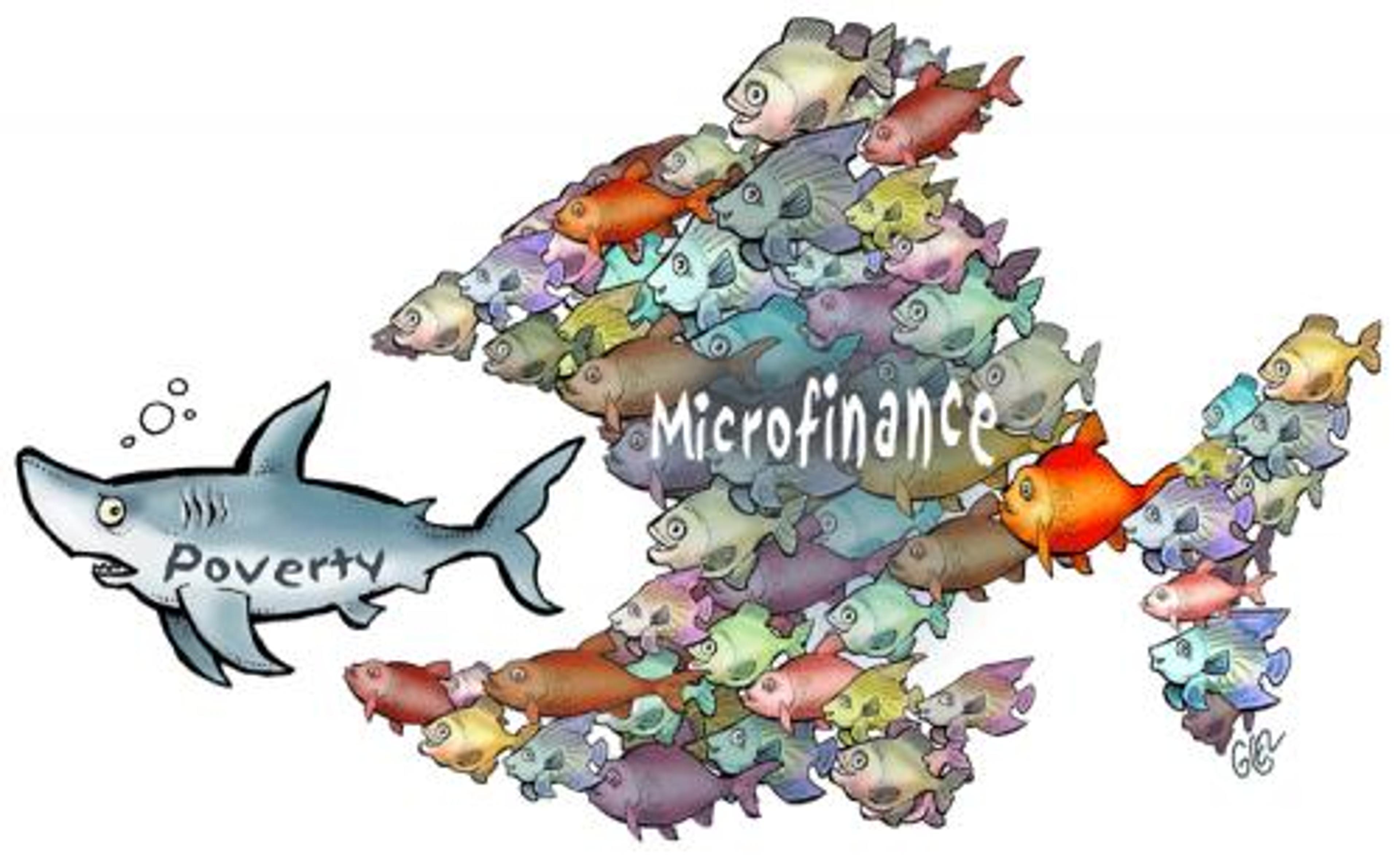
We have expanded our research page on economic empowerment to include our latest findings on microfinance as an effective form of giving. It's an intriguing solution to many development problems, and has been heralded by everyone from the UN to the Norwegian Nobel Committee as a wonderful new kind of economic empowerment. Unfortunately, however, there is little evidence to support such claims.
The few methodologically sound investigations of microfinance that exist, and you can count them on one hand, have largely shown that it makes little difference on a large scale - in contrast to the anecdotal success stories that have made microfinance so exciting for some people. One randomised control trial study in the Phillipines actually found that recipients' self-reported well-being decreased compared to the control group. The one bright spark - a study in Kenya which found that a microsavings scheme (as opposed to the normal micorcredits programmes) produced greater business investment and wealth for women - was based on a small sample size of 163, of which almost half didn't even participate in the scheme.
Despite the paucity of evidence behind it, microfinance has attracted a great deal of philanthropic and commercial interest. This makes it even less likely that there is a funding gap for those places with the greatest need and demand for such programmes.
So although there's not enough evidence to be sure, on the basis of what we've got, we have unfortunately had to conclude that we should not recommend economic empowerment as an effective form of giving.
Read more: